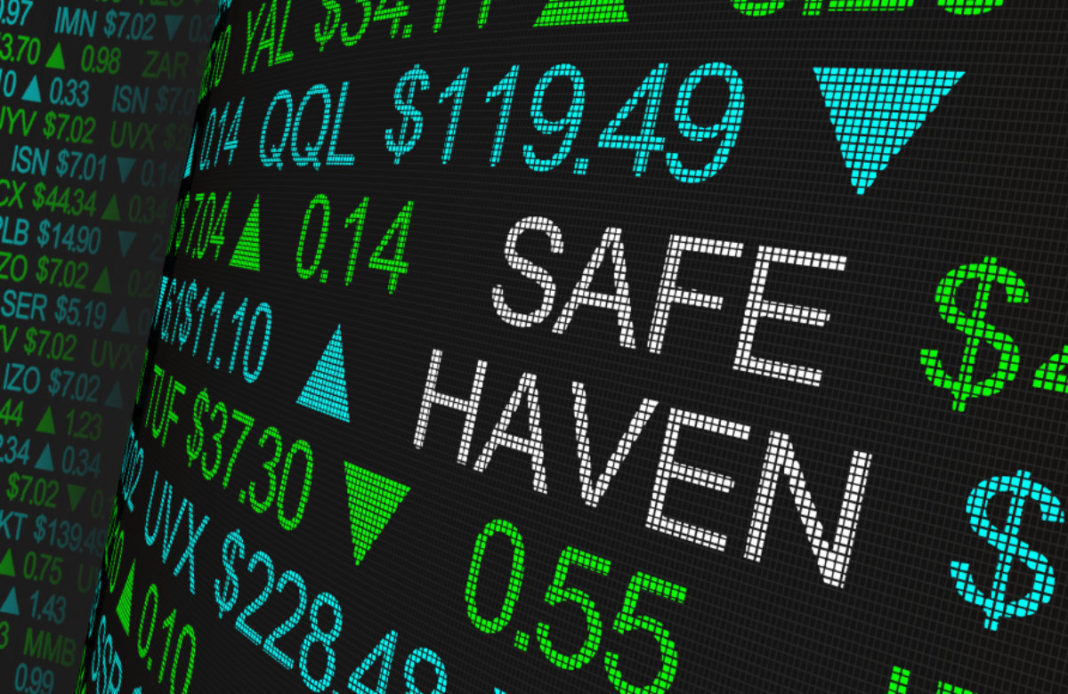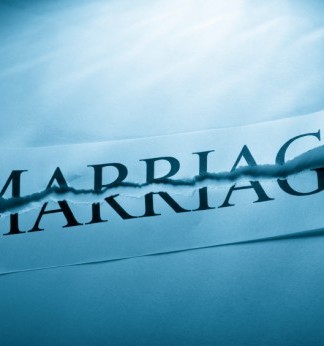We are in a time of economic uncertainty as the COVID-19 pandemic continues. Even after it is contained and treatable, our lives may never be the same. And that definitely goes for our investments. But is that for the good or for the bad? There are those who will strongly recommend “safe havens”, particularly gold and other precious metals during periods of economic turmoil.
“All investments bear some level of risk. Even gold. Even bonds,” explains Richard Cayne of Meyer International in Bangkok Thailand. “You’ve got to decide how much risk you can handle. And more importantly, you need to make informed decisions, especially now.”
What are safe havens?
Generally, safe havens are investments that do not lose their value during times of crisis. They may even increase in value. When people talk about safe havens, they usually are referring to gold, bonds, and cash. Cash because it is, well, cash and is not affected stock prices. Bonds because they represent debts that are usually guaranteed to pay back at least your initial investment. And gold because it’s a commodity that appears stable and can see increased demand during downturns.
But things are never that simple. A dollar may still be worth a dollar, but what it can buy may change due to inflation. Bond issuers can default and not be able to pay back the principal. And gold is only as valuable as investors make it – demand increases its value, but the reverse can also happen. Also, if you own gold, you need to pay for its storage and transport, as well as fees for selling it if you choose to liquidate.
Diversification is the safest strategy
During times of uncertainty, it is only natural to look for shelter, somewhere you feel safe. But as with most things in life, there is always some risk involved in every action. But the main tenet for prudent financial planning remains the same – diversification. By investing in different asset classes, including those “safe havens” of gold and bonds, you can better protect your wealth without fretting too much.
You need to decide carefully what is the best course of action and not follow what others say is a sure thing. As long as you have financial stability now, you may want to take a step back. Discuss your options and plans with a trusted financial expert like Richard Cayne, who will help you determine what your next steps should be.















